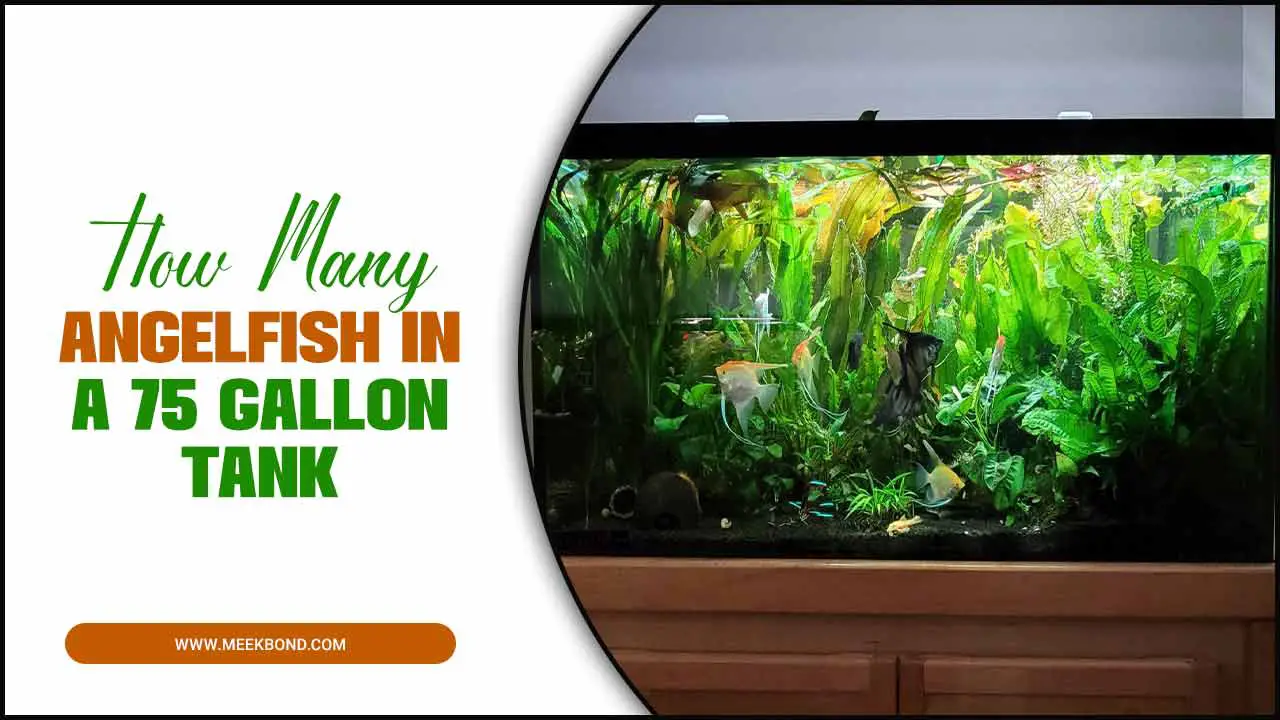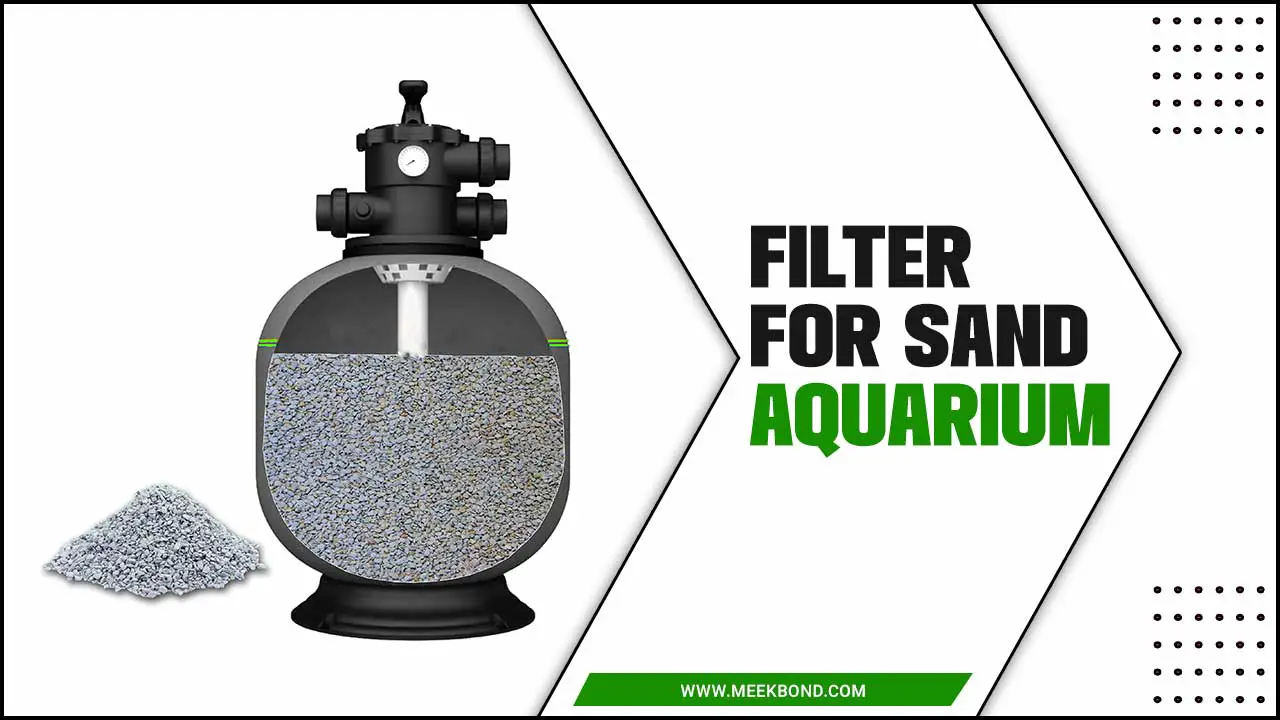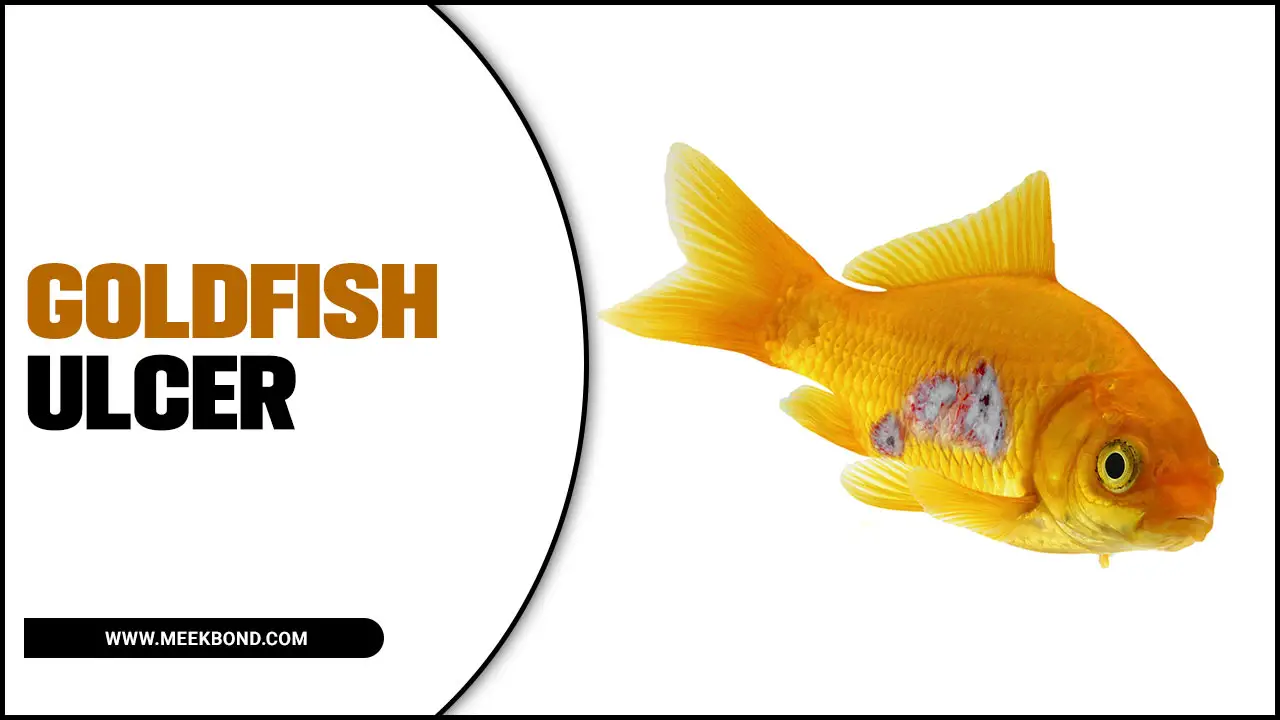Betta fish are a popular choice for pet lovers, but like all pets, they can fall ill. One of the most common health issues that betta fish face is bloating.
Bloating is a condition where the belly of the betta fish becomes swollen and distended, making it difficult for them to swim or eat properly. Here we will discuss the causes of bloating in betta fish and how to recognize its symptoms.
We’ll also provide an overview of the treatments available to help alleviate bloating in betta fish, including adjusting their diet, increasing water temperature, monitoring water quality, fasting, and consulting a veterinarian. Additionally, we’ll give you tips on preventing bloating in your betta fish and maintaining their overall health and happiness. We will cover when it’s time to seek veterinary attention for your bloated betta fish.
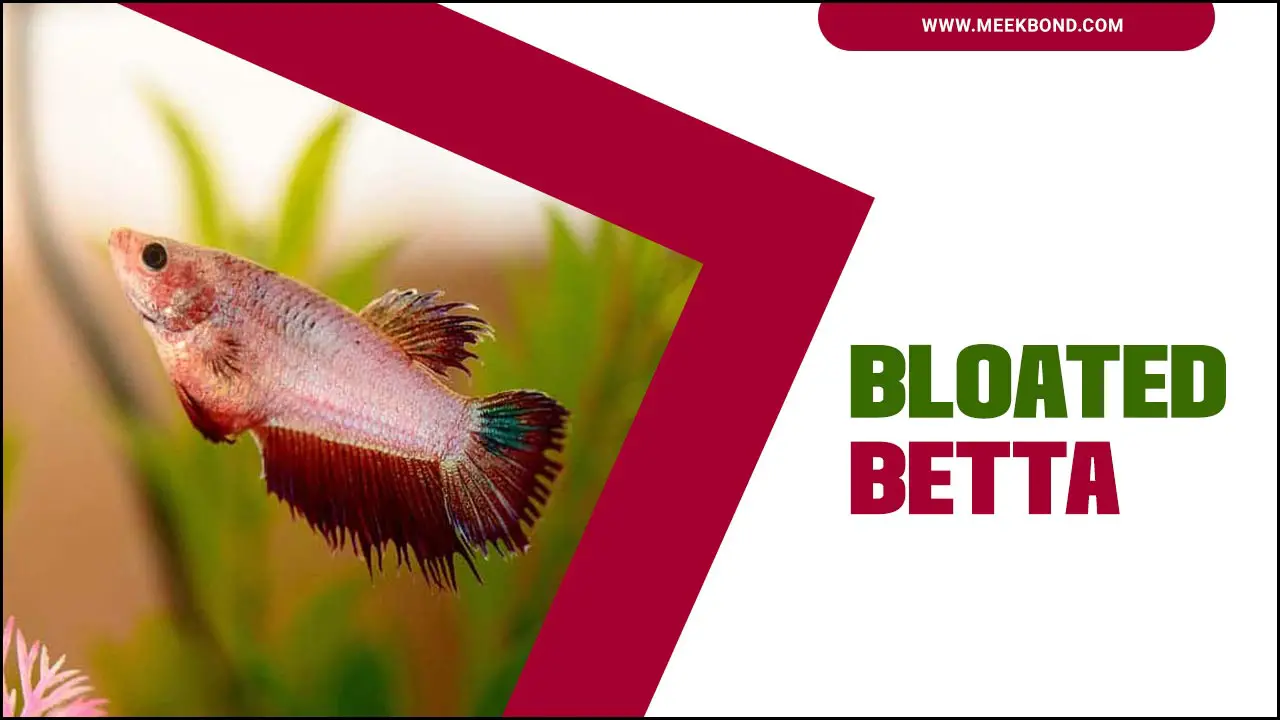
What Is Bloating In Bettas?
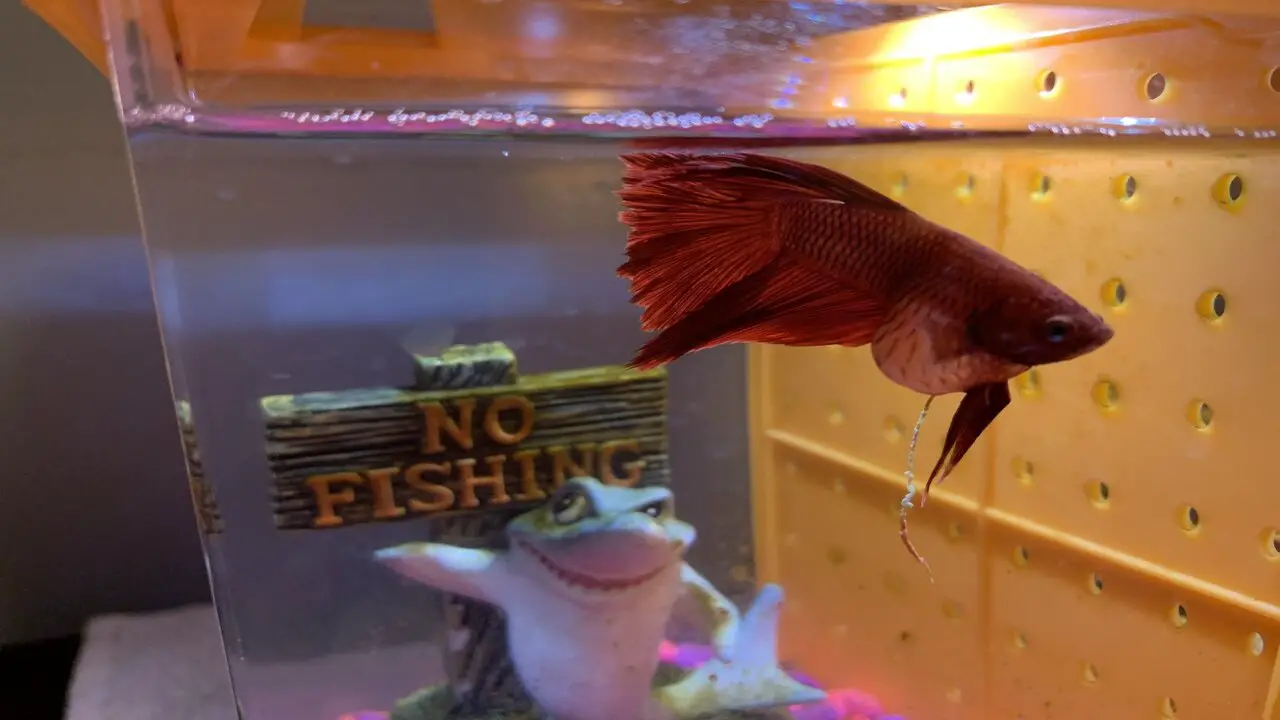
Bloating in bettas is when the fish’s abdomen becomes swollen and distended. It is usually caused by overfeeding, which leads to constipation or an accumulation of gas in the digestive tract. Bloating can also be a symptom of more serious underlying health issues such as swim bladder disease or internal infections.
To prevent bloating, it is important to feed bettas small, frequent meals and avoid overfeeding. A balanced diet and maintaining clean water conditions are also crucial for betta health.
Recognizing The Symptoms Of Bloat In Betta Fish
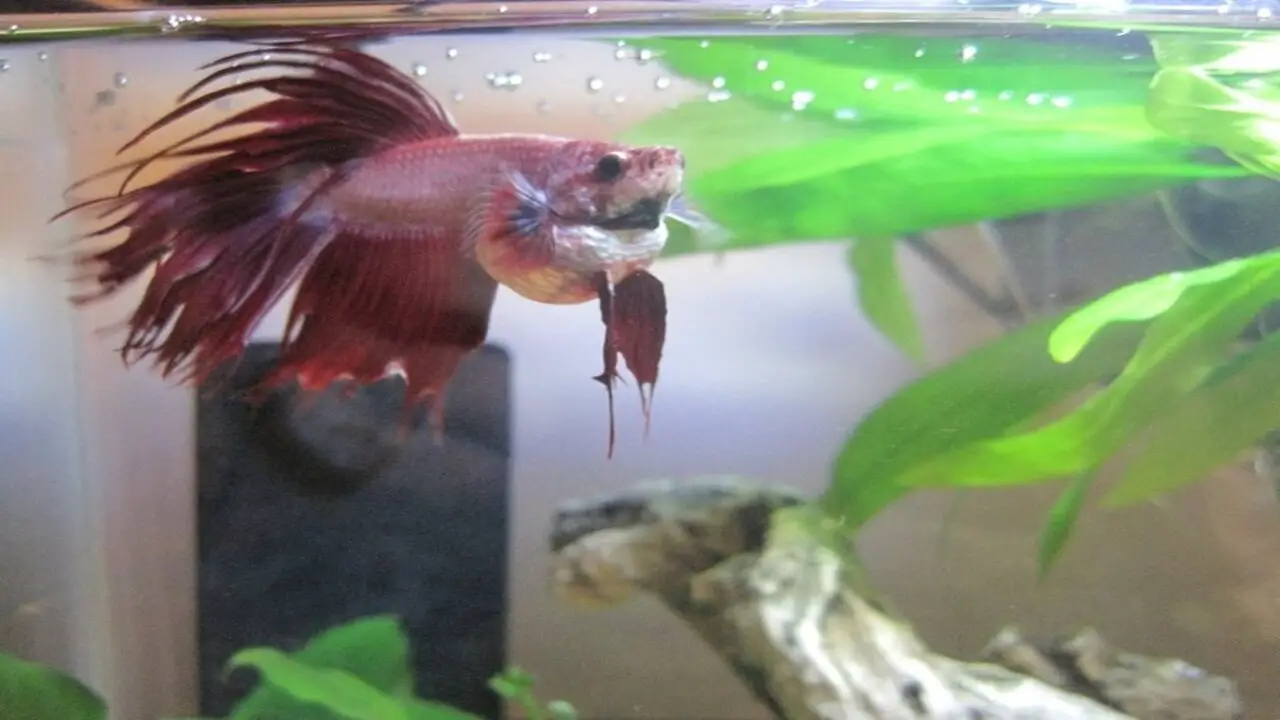
Recognizing the symptoms of bloat in betta fish is crucial for maintaining their health and well-being. If you suspect your betta is suffering from bloat, it is important to take immediate action. Consult with a veterinarian experienced in fish care for proper diagnosis and treatment options. Here are some tips to help you identify if your betta is experiencing bloat:
- Swollen abdomen: A swollen abdomen is one of the most obvious signs of bloat. If your betta’s belly appears larger than usual and feels tight to the touch, it may be a sign of digestive issues.
- Loss of appetite: Bloating can cause discomfort and loss of appetite in bettas. If your fish suddenly shows a decreased interest in food or refuses to eat altogether, it could be a symptom of bloat.
- Lethargy: Bloating can make bettas feel sluggish and lethargic. If your fish rests more at the bottom of the tank or appears less active than usual, it may indicate an underlying issue such as bloat.
- Difficulty swimming: In severe cases, bloat can cause buoyancy problems in bettas, making it difficult for them to swim properly. Observing your fish struggling to maintain its balance or constantly floating on one side could indicate bloat. Investigating The Causes Of Bloat In Betta Fish
Bloat in betta fish can be a concerning issue that should not be ignored. If your betta fish appears bloated, it is important to investigate the possible causes to address the problem and prevent further complications. It is always best to consult an expert when dealing with health issues in your pet fish.
They will be able to provide you with proper guidance and help determine the best course of action for your bloated betta. Here are some tips for investigating the causes of bloat in betta fish:
- Examine the tank conditions: Poor water quality, such as high ammonia or nitrites, can contribute to digestive issues and bloating in betta fish. Test the water parameters using a reliable test kit and maintain optimal conditions for your betta.
- Review their diet: Overfeeding or feeding inappropriate foods can lead to digestive problems and bloating. Ensure that you provide a balanced diet for your betta fish and avoid offering excessive food.
- Observe their behavior: Pay attention to changes in your betta’s behavior, such as decreased appetite, lethargy, or abnormal swimming patterns. These could be indications of underlying health issues that may contribute to bloating.
- Consider other symptoms: Bloating can sometimes be a symptom of more serious conditions like swim bladder disease or internal infections. Take note of any additional symptoms your betta may exhibit and consult with a veterinarian experienced in fish care if necessary.
How To Treat Bloated Betta Fish
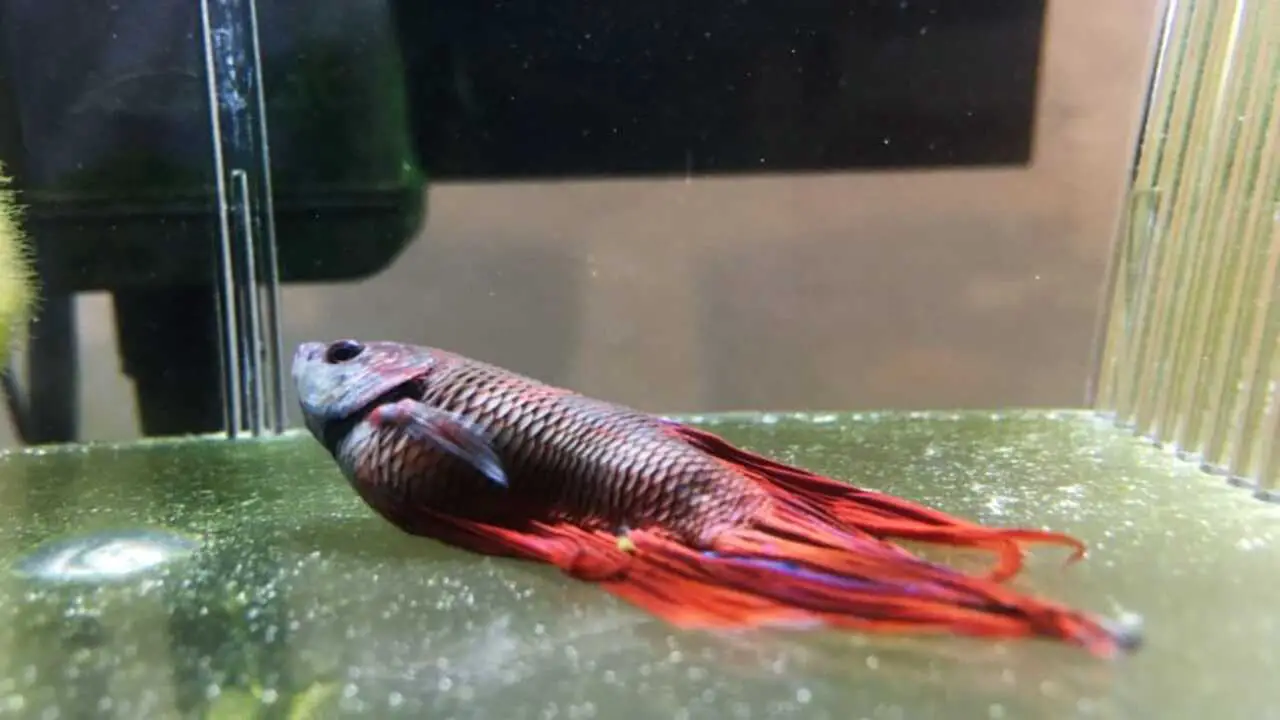
Regarding treating a bloated betta fish, there are several options available. One important step is to isolate the affected fish to prevent the spread of any potential bacterial infection. Fasting can also be beneficial as it gives the fish’s digestive system a chance to rest and recover.
Another method to alleviate bloating is through Epsom salt baths, which can help reduce swelling in the fish’s bloated stomach. Medication may sometimes be necessary to treat underlying issues causing the bloating. Implementing these treatment methods can help your bloated betta fish regain its health and vitality.
1.Adjust Their Diet

To keep your betta fish healthy and prevent bloating, it’s important to adjust their diet. Ensure a balanced and appropriate diet by avoiding overfeeding and feeding in moderation. Consider incorporating live or frozen foods into their diet for added nutrition.
Opt for high-quality betta pellets or flakes specifically formulated for betta fish. If you’re unsure about the best diet for your betta fish, consult an expert who can provide guidance based on their needs. By adjusting their diet, you can promote their overall health and well-being.
2.Increase Water Temperature
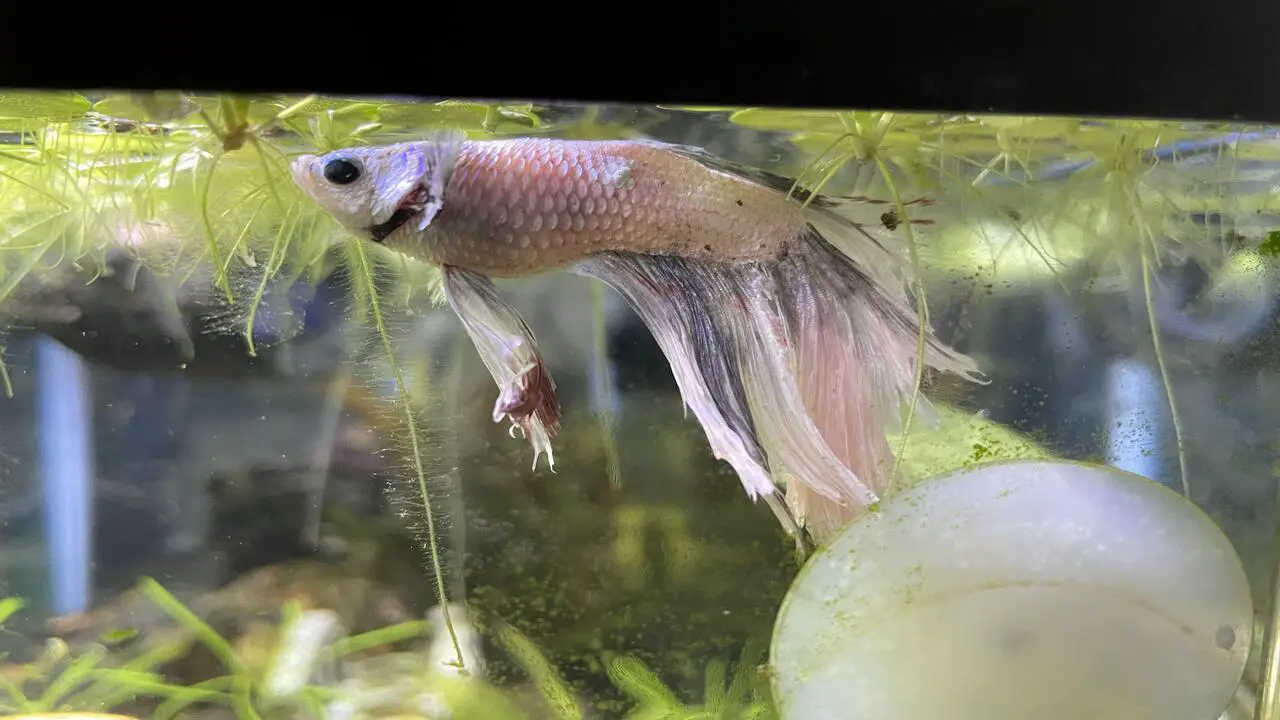
Maintaining a consistent and appropriate water temperature is crucial for the health of betta fish. It is advisable to consider adjusting the temperature slightly higher to aid digestion. Using a reliable aquarium thermometer to monitor the water temperature is essential.
Avoiding extreme temperature fluctuations is important as they can stress betta fish. If you are unsure about the ideal water temperature range, it is always recommended to consult with an expert.
3.Monitor Water Quality
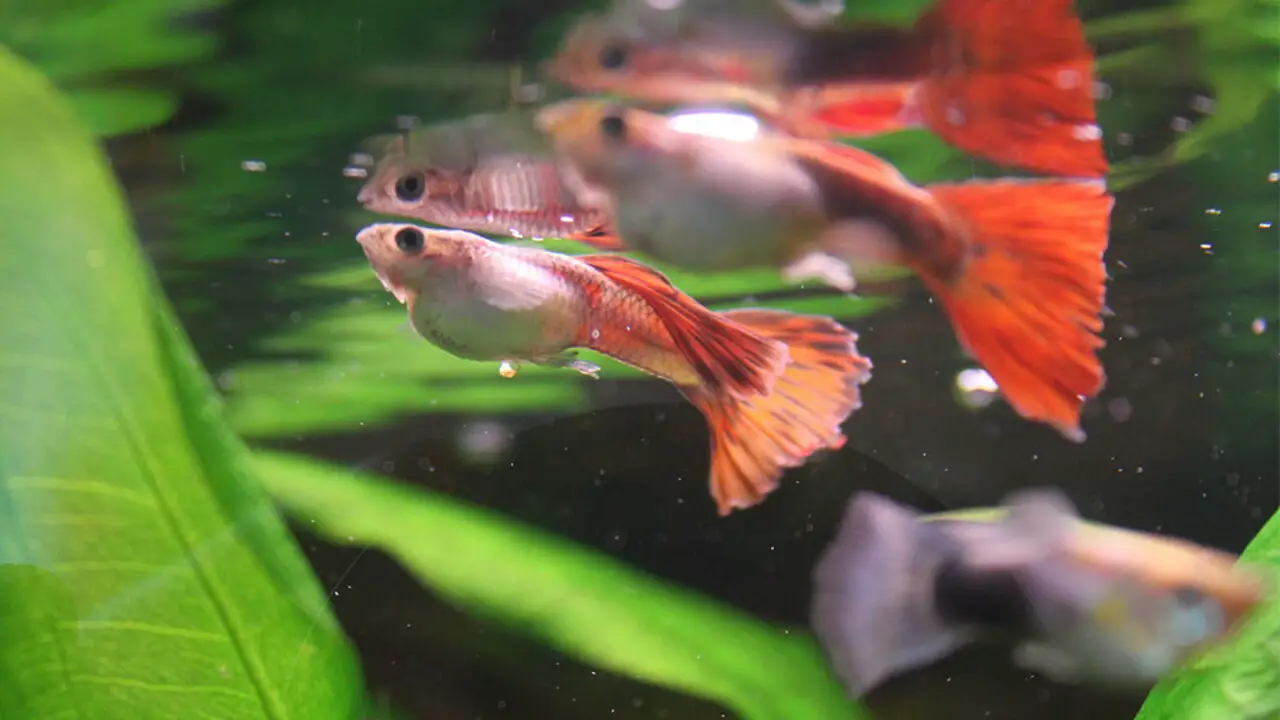
To ensure the well-being of your betta fish, monitoring the water quality in their tank is crucial. Regularly test the water parameters, including pH and hardness, to maintain a healthy aquatic environment. Adequate filtration and water circulation are essential to keep the tank water clean and oxygenated.
Additionally, performing routine water changes helps maintain optimal water quality and prevent bloating. Keeping ammonia and nitrate levels in check is important as elevated levels can contribute to bloating.
4.Consider Fasting
Giving your betta fish a break from feeding can help alleviate their bloated stomach and regulate their digestive system. Pausing their meals for a day or two allows their stomach to digest any excess food, reducing the chances of constipation and bloating.
Monitoring their behavior during this fasting period is important to ensure their well-being. Fasting is a simple and effective way to prevent further discomfort for your betta fish and promote a healthy digestive tract.
5.Consult A Veterinarian
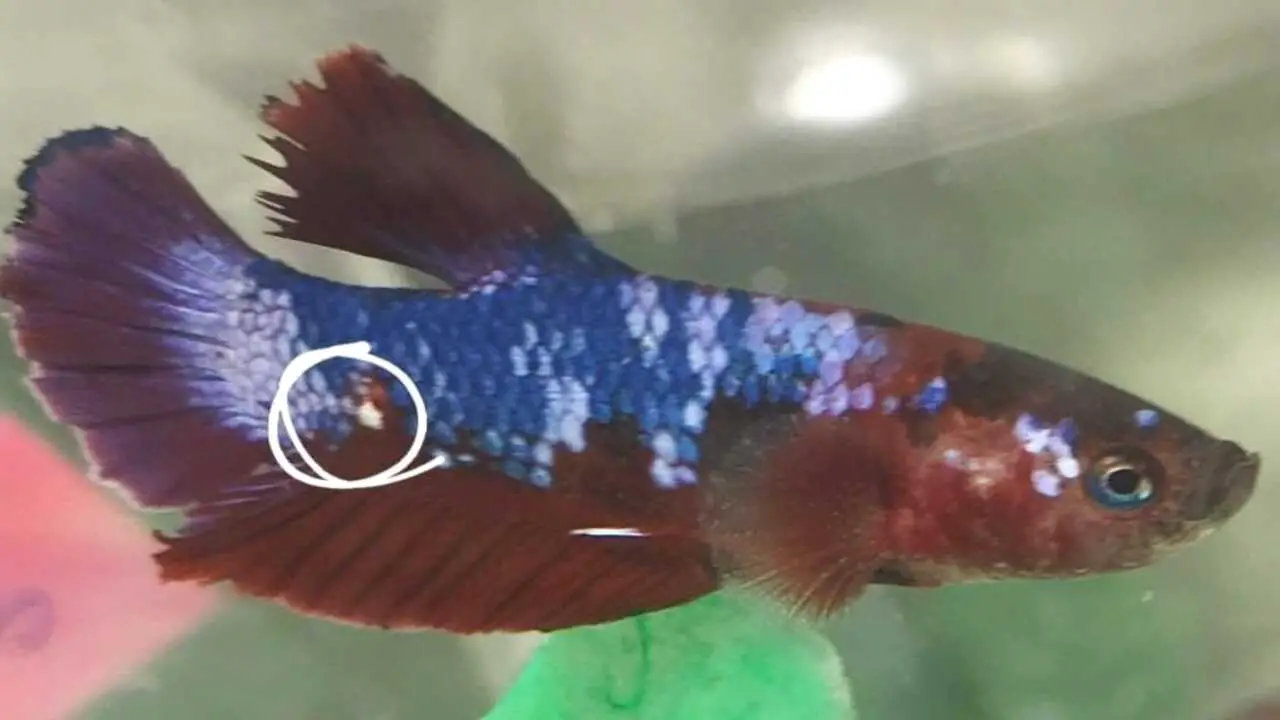
If your betta fish experiences persistent bloating, it is advisable to consult a veterinarian. Seeking professional advice from a vet will allow for accurate diagnosis and treatment of any underlying health issues causing the bloating. Don’t hesitate to contact a professional if you are unsure about the best course of action.
Veterinarians can provide tailored treatment options for your betta fish’s condition, ensuring they receive the necessary care and treatment. Consulting a vet is crucial to ensure your beloved betta fish’s well-being and long-term health.
How To Prevent Bloated Betta Fish
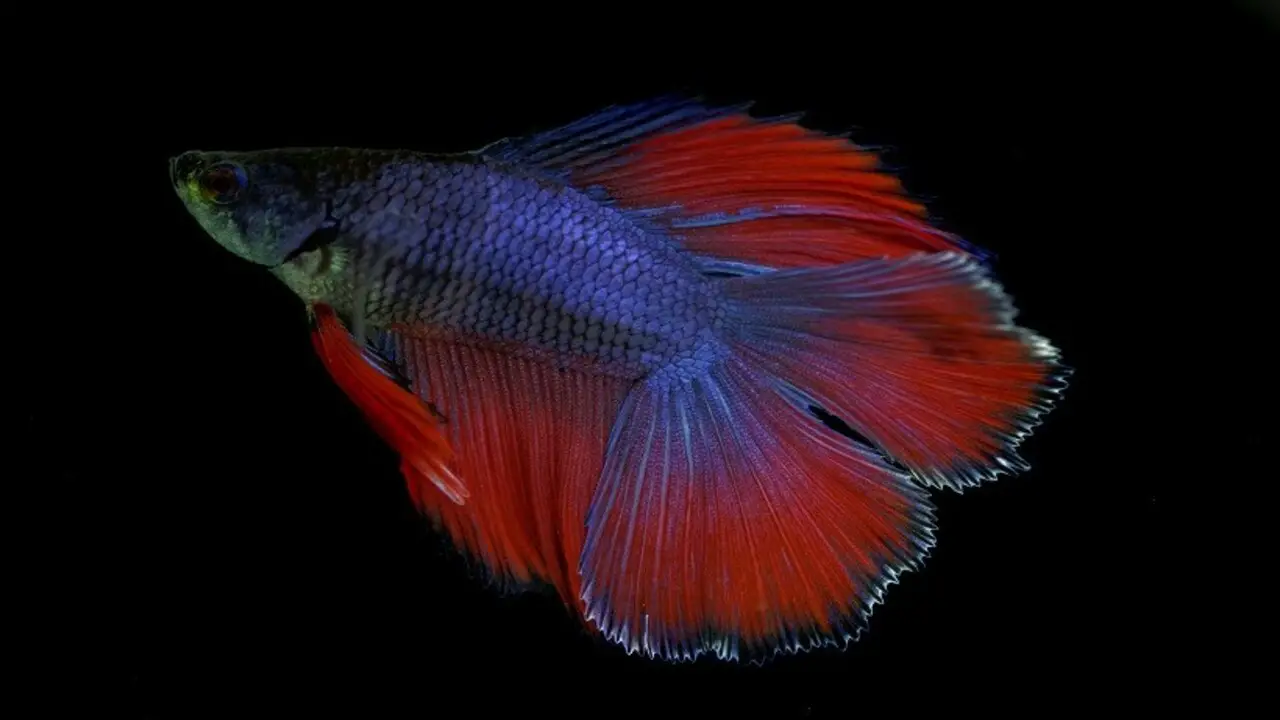
Preventing bloating in betta fish is important for their overall health and well-being. Following these tips can help prevent bloating in your betta fish and ensure they stay happy and healthy. Here are some tips to help prevent bloating in your betta:
- Feed a balanced diet: Overfeeding can lead to bloating in betta fish. Be sure to feed them the appropriate amount of food and avoid overfeeding.
- Provide a varied diet: Betta fish need a variety of foods to maintain their health. Include a mixture of pellets, flakes, and frozen or live foods in their diet.
- Avoid overfeeding with live or frozen foods: While live or frozen foods can be a great source of nutrients for betta fish, they can also cause bloating if fed excessively. Use these types of foods sparingly.
- Maintain water quality: Poor water quality can stress out betta fish and make them more susceptible to bloating. Regularly clean their tank and monitor ammonia, nitrite, and nitrate levels.
- Monitor tank temperature: Extreme temperatures can also stress out betta fish and contribute to bloating. Keep their tank at a consistent temperature between 76°F and 82°F.
Are All Bloating Conditions In Betta Fish Treatable?
Not all bloating conditions in betta fish are treatable, and the prognosis will depend on the underlying cause of the bloating. Bloating in betta fish can be caused by various factors, including overfeeding, constipation, swim bladder disorder, and bacterial or parasitic infections. Sometimes, simple remedies such as fasting the fish or adjusting its diet may help alleviate the bloating.
However, if the bloating is caused by a more serious condition, such as an infection or organ failure, it may be more difficult to treat and require veterinary intervention. It is important to closely monitor your betta fish for any signs of bloating and seek professional advice to ensure their health and well-being.
Tips For Maintaining A Healthy And Happy Betta Fish
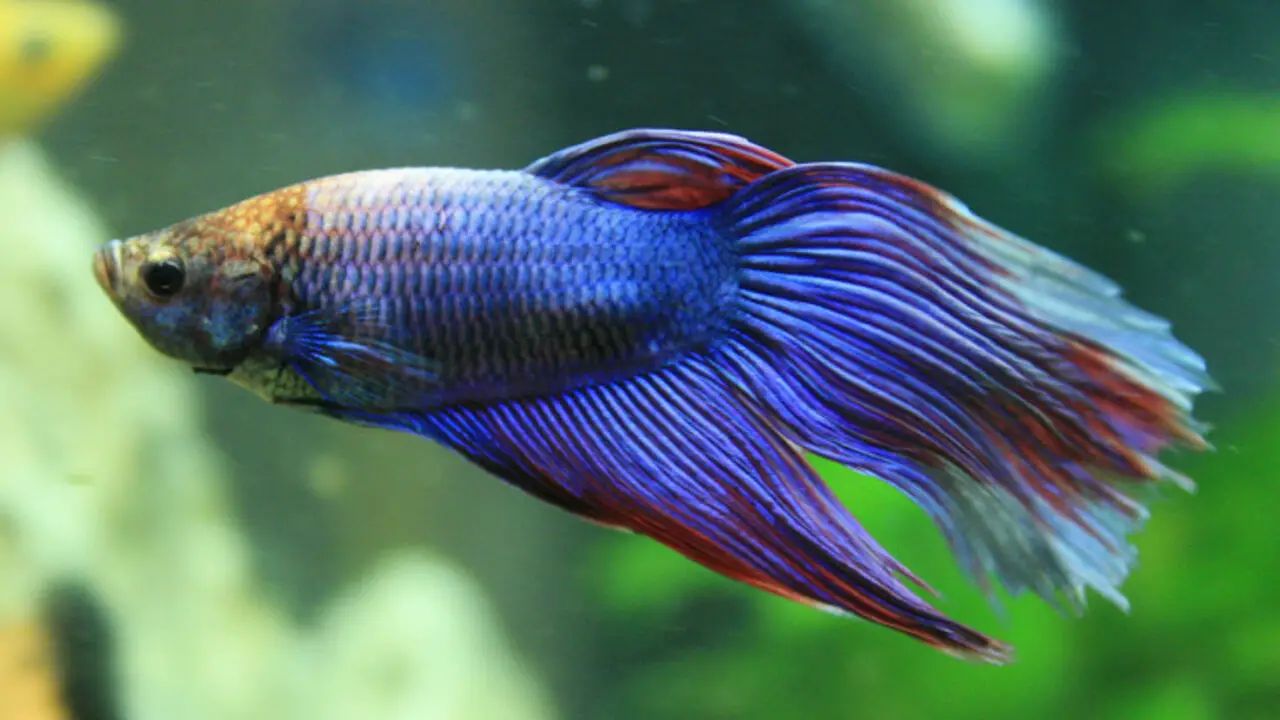
Maintaining a healthy and happy betta fish is important for their overall well-being. If you notice persistent bloating or any other signs of illness in your betta fish, it is important to seek advice from a knowledgeable veterinarian or experienced fish keeper. Here are some tips:
- Ensure proper water conditions: Betta fish are sensitive to water quality, so it is important to maintain clean and properly conditioned water in their tank. Regularly test the water parameters and perform partial water changes as needed.
- Provide a balanced diet: Feeding your betta fish a varied and balanced diet is crucial for their overall health. Include a mix of high-quality pellets, freeze-dried or frozen foods, and occasional live foods to ensure they receive all the necessary nutrients.
- 3.Avoid overfeeding: Overfeeding can lead to bloating in betta fish. Feed them small portions multiple times a day rather than one large meal, and remove any uneaten food after 2-3 minutes.
- Monitor tank temperature: Betta fish thrive in warmer water temperatures between 78-80°F (25-27°C). Use a reliable aquarium heater to maintain a stable temperature for your betta.
- Provide hiding spots: Bettas appreciate having places to hide and rest. Include plants, caves, or other decorations in their tank to provide shelter and security.
- Conduct regular tank maintenance: Clean the tank by removing any uneaten food, debris, and performing partial water changes. This will help prevent the buildup of harmful substances that can lead to bloating and other health issues.
When To Seek Veterinary Attention For A Bloated Betta Fish
When your betta fish is bloated, it can cause concern. While some bloating can be normal after a big meal, persistent bloating or severe swelling can indicate a more serious health issue. If your betta fish appears distressed, has difficulty swimming, or shows other signs of discomfort, it may be time to seek veterinary attention.
A veterinarian who specializes in aquatic animals will be able to assess your betta fish’s condition and provide the necessary treatment to alleviate the bloating and address any underlying health problems. It is always better to err on the side of caution when it comes to the well-being of your pet fish.
Conclusion
Recognizing the symptoms of bloated betta fish is crucial for early intervention and treatment. Adjusting their diet, maintaining optimal water temperature and quality, and considering fasting can help alleviate bloating. However, it’s important to remember that not all bloating conditions in betta fish are treatable, and seeking veterinary attention may be necessary in some cases.
Preventive measures such as feeding a balanced diet, providing a clean and stress-free environment, and regular monitoring can help minimize the risk of bloating. By following these tips and taking proactive steps, you can ensure the well-being and happiness of your betta fish.
Frequently Asked Questions
How Do You Treat A Bloated Betta Fish?
To treat a bloated betta fish, fasting them for 24-48 hours. If that doesn’t work, try feeding them boiled and peeled peas or daphnia. Keep the water clean and maintain good water quality. If the bloating persists, consult a veterinarian who specializes in fish care.
Can Betta Recover From Dropsy?
Recovering from dropsy can be challenging for betta fish, but some may have a chance with proper care and treatment. Antibiotics and medications to reduce swelling and improve water quality are often prescribed. Prevention, such as maintaining a clean tank and a balanced diet, is crucial in avoiding dropsy.
Why Is My Betta Fish Bloated?
Betta fish can experience bloating due to overfeeding, constipation, or swim bladder disease. Poor water conditions, like dirty water or improper pH levels, can also contribute to bloating. Identifying the underlying cause is crucial for proper treatment.
Should You Fast A Bloated Betta Fish?
Fasting is a recommended treatment for bloated betta fish. It’s best to fast them for 24-48 hours and then feed a small amount of daphnia or brine shrimp. This helps clear blockages in the digestive system and reduce bloating. If the issue persists, consult a fish veterinarian.
Why Do Betta Fish Make Bubbles?
Betta fish create bubbles as a natural part of their breeding behavior. Male bettas build bubble nests to attract females for mating. These nests are made by the male blowing bubbles and then coating them in saliva to make them stick together. Bubbles can also be produced when betta fish take in air from the water surface.

Aquarium passion is all about connecting with the aquatic life and providing education to the public on the importance of these creatures. We showcase a wide variety of marine life through our exhibits as well as working with schools to provide unique learning opportunities for students of all ages.

